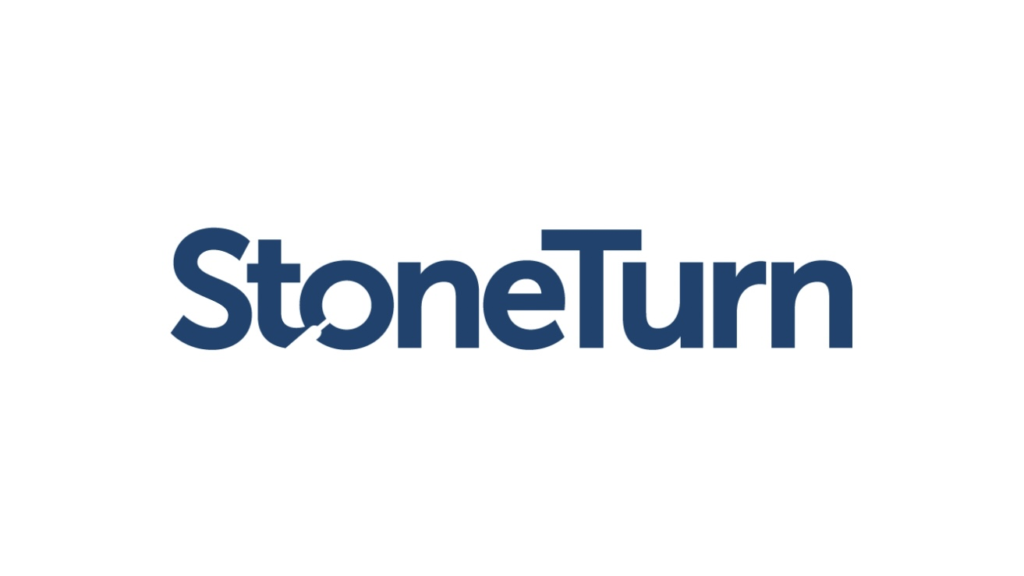Brazil – Outlook and Opportunities for Investment in 2023

On October 30, 2022, former president Luis Inácio Lula da Silva (Lula) was elected as Brazil’s next president. Despite receiving the largest number of votes ever for any candidate in Brazil’s democratic history, Lula beat the incumbent president Jair Messias Bolsonaro by the smallest margin ever in a Brazilian presidential election; 50.9% to 49.1%.1 Lula will be sworn in on January 1, 2023 for his third time, after having served as president from 2003 to 2010. A founding member of the Workers’ Party (PT), Lula is seen as a left-wing politician, which is diametrically opposed to Bolsonaro, who is the leader of Brazil’s far right political movement.
President Lula will be checked by a newly elected Congress and Senate that are among the most conservative ever. President Bolsonaro was able to elect numerous supporters to both houses, who will work actively to oppose any radical policies that Lula could propose. While this will create some difficulty for Lula to approve much needed reforms, such as simplifying the country’s tax code, it should create some stability, which generally favors investment. President Lula’s team has started providing glimpses into what his future cabinet will look like. His economic team is expected to include well-known economists with successful track records in fostering growth and stability, which will help ease tensions in the market. In the first week after his election, the Brazilian stock exchange climbed 3%2 and the Brazilian Real increased by 4.5% compared to the U.S. Dollar,3 showing that there is some optimism now that the elections are over.
By Carlos Flávio Lopes, Managing Director via StoneTurn
On January 19, 2023, the U.S. Department of Homeland Security (DHS) reached a settlement in Edakunni v. Mayorkas. As a result of the settlement, U.S. Citizenship and Immigration Services (USCIS) has agreed to resume its policy of adjudicating extension of status, change of status, and employment authorization applications filed by spouses and children of L-1 and H-1B nonimmigrant visa holders along with the petition filed on behalf of the principal applicant so long as they are concurrently and properly filed. Specifically, USCIS will review Form I-539, Application to Extend/Change Nonimmigrant Status, and Form I-765, Application for Employment Authorization, for H-4 and L-2 dependent spouses and children at the same time it considers the underlying Form I-129, Petition for a Nonimmigrant Worker, for the corresponding principal applicant when they are all concurrently and properly filed.
Prior to 2019, USCIS routinely adjudicated I-539 and I-765 applications concurrently with a principal applicant’s I-129 petition as a courtesy when the applications were properly filed at the same time. As a result of ongoing policy changes at the time, USCIS stopped bundling adjudication and each petition and application was adjudicated independently. The unbundling of adjudication added significant processing delays as it required additional biometrics from the I-539 and I-765 applicants, making it difficult for these applicants to be able to maintain their employment as the lengthy delays caused a lapse in work authorization.
By Deepti S. Orekondy via Littler
Itamaraty confirma Maria Luiza Viotti como embaixadora do Brasil nos EUA
Indicação de Viotti ainda terá que passar pelo crivo do Senado.
O Ministério das Relações Exteriores confirmou hoje o nome da diplomata Maria Luiza Viotti como a nova embaixadora do Brasil nos Estados Unidos. A indicação já recebeu aval do governo americano.
Viotti foi representante do Brasil na Organização das Nações Unidas (ONU), em Nova York, entre 2007 e 2013. Também foi chefe de gabinete do secretário-geral da ONU entre 2017 e 2021. Antes, serviu como embaixadora do Brasil na Alemanha (2013-2016) e Subsecretária-Geral da região da Ásia e do Pacífico (2016-2017). Ela substituirá em Washington o embaixador Nestor Foster, conhecido pelo alinhamento com o ex-presidente Jair Bolsonaro. A indicação de Viotti ainda terá que passar pelo crivo do Senado.
Por Murillo Camarotto via Valor
Acontecimentos globais recentes alavancaram a aprovação da Lei nº 14.478/2022 (“Lei das Criptomoedas”) no Brasil. Com ela, a criptoeconomia ganha um marco legal mínimo, que deve promover um ambiente de crescimento e inovação financeira nos países sul-americanos.
Entre as inovações trazidas pela nova lei destaca-se a criação dos chamados provedores de serviços de ativos virtuais (VASP), empresas que devem ter licença prévia para negociar, intermediar e fazer custódia de ativos virtuais no Brasil.
Nossas sócias Juliana Abrusio, head da área de Direito Digital e Proteção de Dados, Alessandra Carolina Rossi Martins, sócia na área de Bancário, Seguros e Financeiro, e o advogado Marcelo de Castro Cunha Filho, especialista nas áreas de criptoativos, blockchain e tokenização, receberão Bárbara Espir, vice-presidente jurídica da Bitso, para debater esse e outros tópicos em nosso webinar.
7 de fevereiro | 10h – 11h30 (Hora de Brasília)
Moderadora:
JULIANA ABRUSIO
Head da área de Direito Digital
e Proteção de Dados do Machado Meyer
Palestrantes:
| ALESSANDRA CAROLINA ROSSI MARTINS Sócia na área de Bancário, Seguros e Financeiro do Machado Meyer |
MARCELO DE CASTRO CUNHA FILHO Advogado especialista nas áreas de criptoativos, blockchain e tokenização do Machado Meyer |
BÁRBARA ESPIR Vice-presidente jurídica da Bitso |

Copa Airlines announced Thursday the start of operations in June of this year to the cities of Baltimore in the United States and Manta in Ecuador. With these two new destinations, the airline reinforces its leadership in Latin America and strengthens the position of Panama and the Hub of the Americas as the main hub in the region.
“We are pleased to start the year by announcing the opening of two destinations full of history and with great tourist appeal in markets as important to Copa as Ecuador and the United States. In this way, we remain steadfast in our goal to increase connectivity through Panama between the countries where we operate, and contribute to the growth of tourism, investment and economic and social development in our region,” said Pedro Heilbron, CEO of Copa Airlines.
With the opening of Baltimore, Copa continues to consolidate its route network in the U.S., adding the historic and cultural “Charm City” known for having more statues and public monuments per capita than any other U.S. city. This coastal destination joins the thirteen already operated by the airline in the United States: Tampa, Miami, Orlando, Atlanta, Boston, Chicago, New York, Denver, Washington, Las Vegas, Los Angeles, San Francisco, and Fort Lauderdale.
By Dergan Mousa via Aviacion al dia